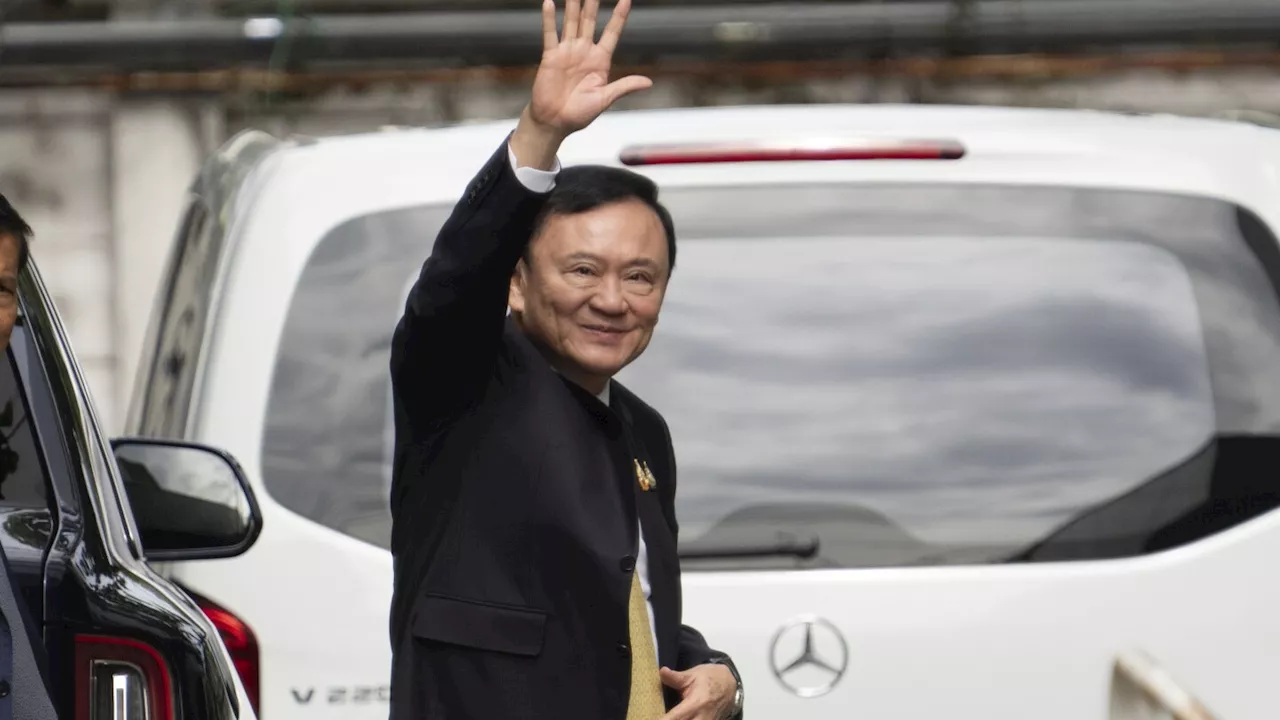Thaksin Shinawatra, the former prime minister of Thailand, continues to exert significant influence over the nation’s political landscape nearly two decades after his ousting in a military coup in 2006. His political legacy remains a source of contention and debate within the country, shaping both public sentiment and party dynamics.
Shinawatra, who was prime minister from 2001 until his removal, founded the Pheu Thai Party, which has become a dominant force in Thai politics. As of 2023, the party has regained considerable power, winning the most seats in the May elections. This resurgence is partly attributed to the enduring appeal of Shinawatra’s policies, which focused on economic growth and rural development.
Political Landscape Shaped by Legacy
Despite his absence from the country for years, Thaksin’s influence persists through his family and political allies. His daughter, Paetongtarn Shinawatra, played a key role in the Pheu Thai Party’s recent electoral success, directly appealing to voters who remember the economic prosperity of her father’s administration. The party’s platform emphasizes social welfare and economic recovery, resonating with a populace grappling with rising living costs.
Thaksin’s return to Thailand has been a topic of speculation, particularly as the political scene evolves. Though he lives in self-imposed exile, he remains a significant figure, often communicating through social media and influencing party strategy remotely. His potential return could further shift the dynamics within Thai politics, particularly if he chooses to engage directly with supporters.
The former prime minister’s tenure was marked by both accolades and controversies. During his administration, Thailand experienced rapid economic growth, with GDP rising significantly. However, he faced criticism for human rights abuses and conflicts with the military and judiciary. These tensions culminated in the military coup that removed him from power in September 2006, leading to a protracted cycle of political instability in the years that followed.
Future Implications for Thailand
As Thailand prepares for future elections, the shadow of Thaksin Shinawatra looms large. His ability to mobilize support, coupled with the Pheu Thai Party’s strong grassroots network, suggests that his impact on the political arena will continue. The upcoming challenges for the party include addressing public dissatisfaction regarding governance and economic issues while navigating the complex web of Thai politics, where military influence remains significant.
In summary, Thaksin Shinawatra’s legacy endures in Thailand’s political fabric. His actions and decisions continue to resonate, affecting party strategies and voter sentiments. With the potential for his return, the country’s political future remains uncertain but undeniably intertwined with his influence.





































































